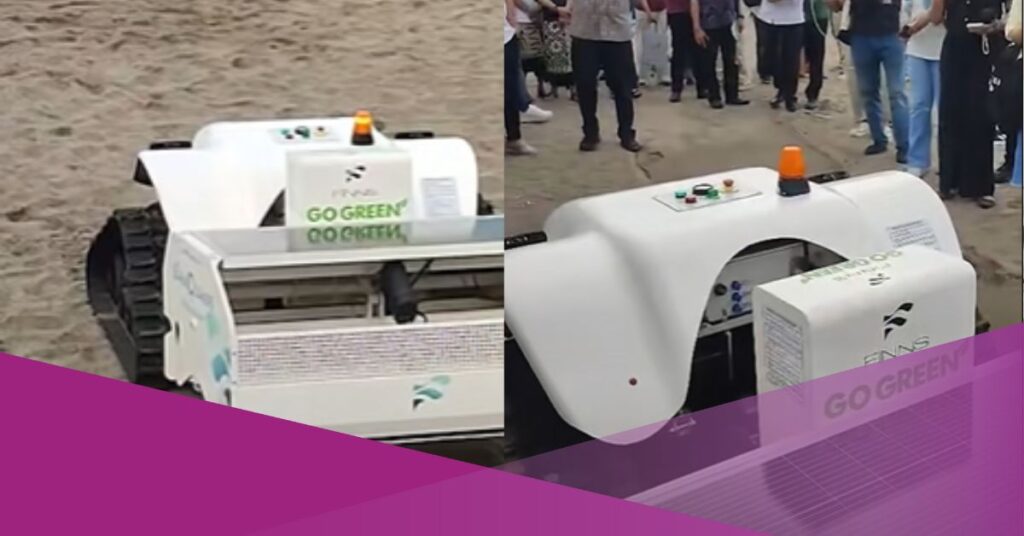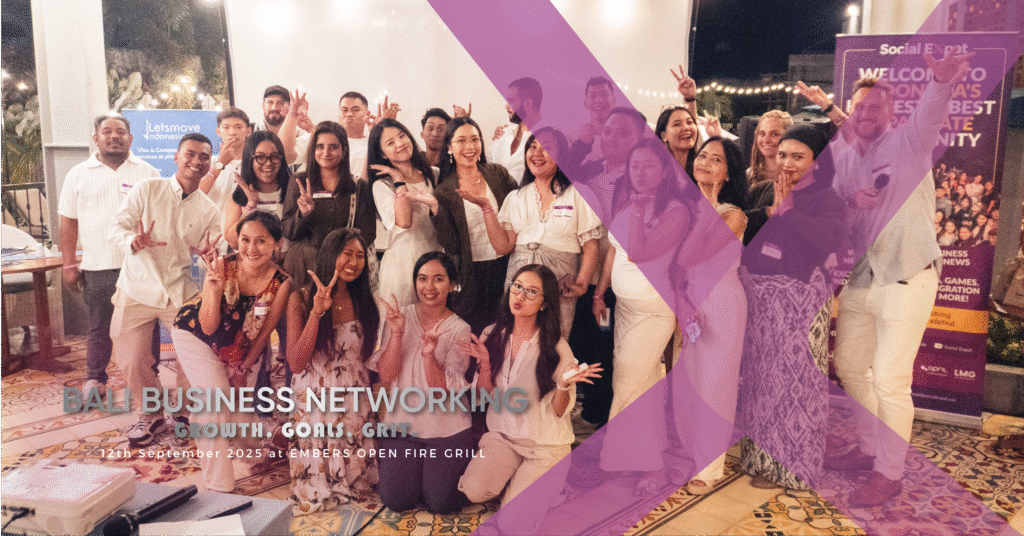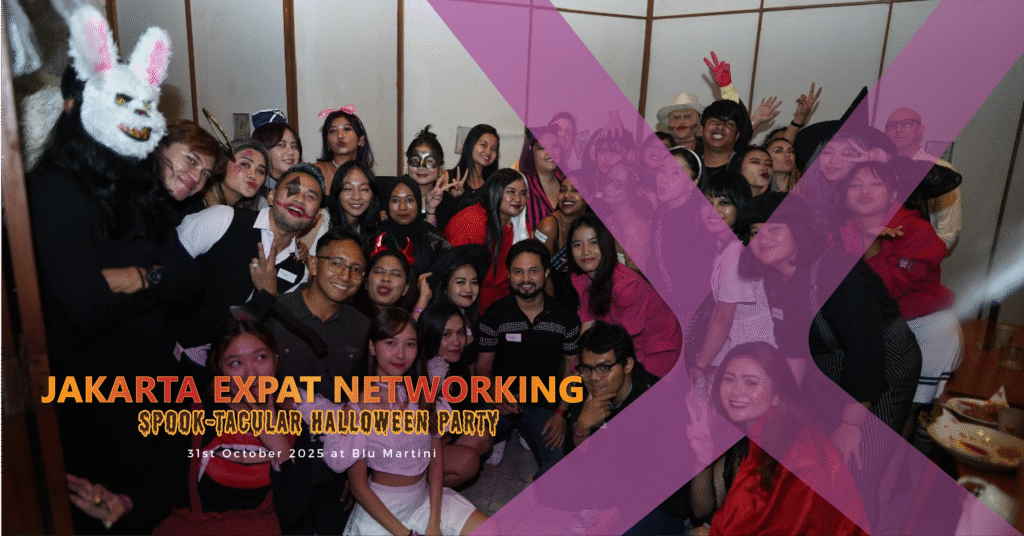Bali is world-renowned for its beaches, rice terraces, and cultural attractions. Yet in recent years, visitors to the island have often voiced disappointment over the sight of rubbish piling up along its coastline.
The island faces a seasonal waste crisis, particularly between October and March, when strong winds, tides, and heavy rainfall carry debris, plastic, and other litter onto popular beaches such as Kuta, Seminyak, Legian, and Jimbaran.
The arrival of this annual tide of waste has long caused discomfort for both locals and tourists.
To respond to this challenge, Bali has begun experimenting with technological solutions. Among the most notable innovations is the introduction of Bebot, a solar-powered beach cleaning robot designed to collect small debris from the sand.
Over the past two years, several resorts and tourism businesses have trialled the robots. The initiative, though relatively small in scale, has drawn attention from local authorities keen to explore sustainable waste management tools.
How Bebot Works and Government Response
The device, which resembles a small car, is powered by solar panels and can scoop up debris buried up to 10 centimetres deep.
It leaves behind a smooth, raked stretch of sand, similar to the work usually carried out manually by workers. Bebot is currently in operation at Berawa and Perancak Beaches, where it runs for about 2.5 hours each day, covering a 180-metre stretch of coastline.
Badung Regent Bagus Alit Sucipta tested the robot at Finns Beach Club on Berawa Beach and praised the potential benefits of the technology.
“If we look at this, it serves as a reference that we need to study further. This robot can be used, but with a larger capacity so that we can provide it to each traditional village with coastal areas,” he said during a demonstration in Badung Regency on Tuesday, 19 August 2025.
While impressed with its ability to collect cigarette butts, plastic fragments, and glass shards, Bagus acknowledged that the technology is still in its early stages.
“This is one of the potentials we see, but Bebot is not yet fully optimised. Perhaps in the future, we can use the same robot but with a larger capacity to collect other types of waste,” he added.
According to local government data, the Rp1 billion investment has already resulted in the collection of approximately 11,000 pieces of waste since the trials began. Bagus also commended Bali’s tourism businesses for aligning their waste management systems with the governor’s guidelines.
Beyond the use of technology, Bali continues to benefit from the involvement of non-governmental organisations (NGOs) such as Mudfish No Plastic and Sungai Watch.
These groups conduct regular clean-up activities and design waste management systems to reduce inorganic pollution in rivers and coastal areas.
Tourism Industry Initiatives
Private sector engagement has played a crucial role in driving sustainability efforts. FINNS Bali, for example, has developed a 200-square-metre waste sorting facility with a capacity of five tonnes per day.
So far, the facility has diverted more than one million kilograms of waste from landfill—the equivalent weight of around 200 elephants.
BeBot has been introduced as part of this broader programme. According to FINNS Bali, the robot’s role is to target waste that is otherwise difficult to detect, such as cigarette butts and plastic shards hidden beneath the sand.
Deputy Regent Bagus Alit Sucipta, accompanied by Badung Regency’s Waste Ambassador, Ny. Rasniati Adi Arnawa visited the facility known as “Finns Crycle” and expressed appreciation for the resort’s initiatives.
The introduction of waste-cleaning robots demonstrates Bali’s determination to balance tourism growth with environmental stewardship.
As Bagus emphasised, the future goal is to scale up such technologies, while encouraging businesses and communities to take greater responsibility for preserving the island’s coastal ecosystems.


































